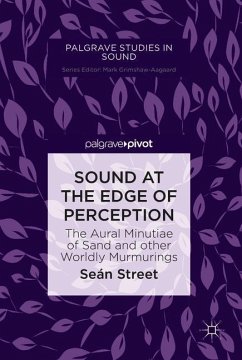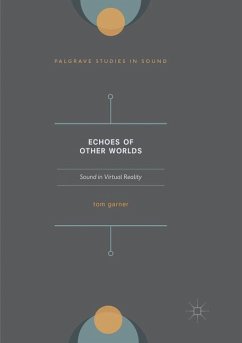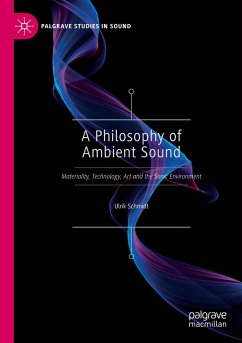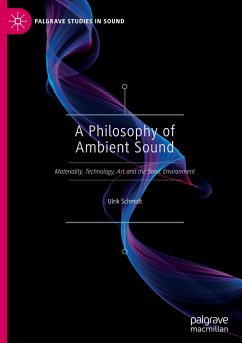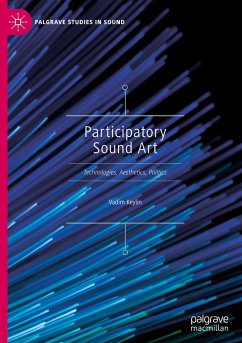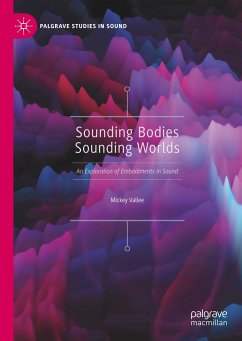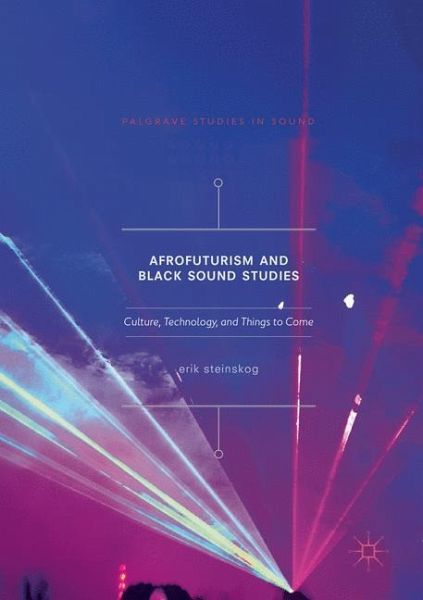
Afrofuturism and Black Sound Studies
Culture, Technology, and Things to Come
Versandkostenfrei!
Versandfertig in 6-10 Tagen
106,99 €
inkl. MwSt.
Weitere Ausgaben:

PAYBACK Punkte
53 °P sammeln!
This book interrogates the meeting point between Afrofuturism and Black Sound Studies. Whereas Afrofuturism is often understood primarily in relation to science fiction and speculative fiction, it can also be examined from a sonic perspective. The sounds of Afrofuturism are deeply embedded in the speculative - demonstrated in mythmaking - in frameworks for songs and compositions, in the personas of the artists, and in how the sounds are produced. In highlighting the place of music within the lived experiences of African Americans, the author analyses how the perspectives of Black Sound Studies...
This book interrogates the meeting point between Afrofuturism and Black Sound Studies. Whereas Afrofuturism is often understood primarily in relation to science fiction and speculative fiction, it can also be examined from a sonic perspective.
The sounds of Afrofuturism are deeply embedded in the speculative - demonstrated in mythmaking - in frameworks for songs and compositions, in the personas of the artists, and in how the sounds are produced. In highlighting the place of music within the lived experiences of African Americans, the author analyses how the perspectives of Black Sound Studies complement and overlap with the discussion of sonic Afrofuturism. Focusing upon blackness, technology, and sound, this unique text offers key insights in how music partakes in imagining and constructing the future.
This innovative volume will appeal to students and scholars of sound studies, musicology and African American studies.
The sounds of Afrofuturism are deeply embedded in the speculative - demonstrated in mythmaking - in frameworks for songs and compositions, in the personas of the artists, and in how the sounds are produced. In highlighting the place of music within the lived experiences of African Americans, the author analyses how the perspectives of Black Sound Studies complement and overlap with the discussion of sonic Afrofuturism. Focusing upon blackness, technology, and sound, this unique text offers key insights in how music partakes in imagining and constructing the future.
This innovative volume will appeal to students and scholars of sound studies, musicology and African American studies.





